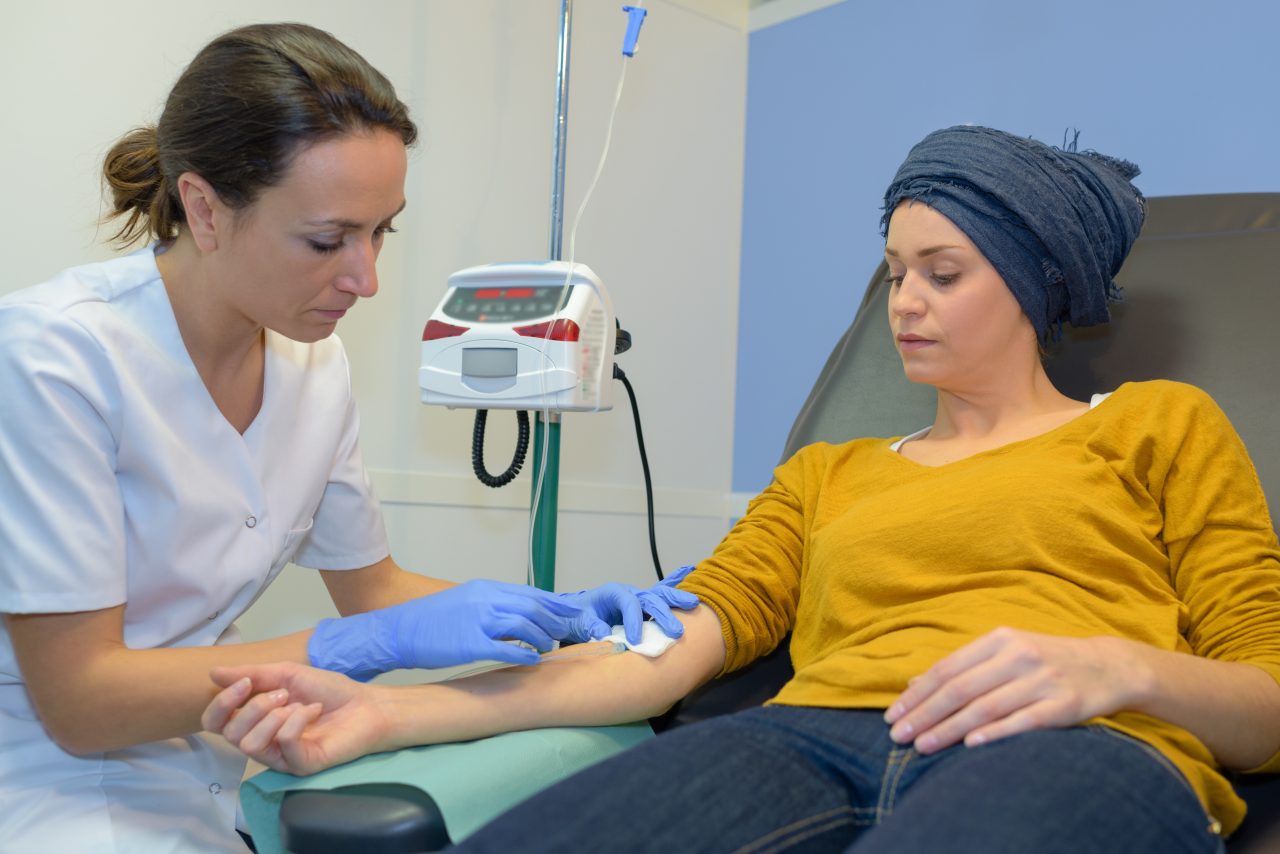
«The plan is good news for patients, the healthcare service and the pharma industry,» Bekkemellem said having skimmed through the 68-page document presented by the Norwegian ministry of health on Monday.
The minister of Health, Bent Høie, writes in the national action plan for clinical trials foreword that his aim is for a significant increased number of Norwegian patients to participate in trials.
“Clinical trials provide patients with early access to new pharmaceuticals and new methods and should therefore be an integrated part of patient treatment. I want to enable so that many more patients can participate in exploratory treatment though trials in Norway. The aim is a better health and care service, that offers even better and more adapted treatment to individual patients. It will increase the quality and sustainability of the service as well as contribute to industry development,” he said.
LMI input
LMI and the industry in general have provided numerous inputs to the action plan, both in writing and during official meetings. The health department even kick-started the input contribution round in the LMI offices.
Hege Edvardsen, LMI senior advisor covering clinical trials, echoes Bekkemellem’s positivity regarding the plan.
“Overall, this is a very positive plan, containing many of the elements the industry – along with many other partners – have pointed at for years; that clinical trials needs to be an integrated part of patient treatment, that there is a lack of culture, structure and resources for industry financed clinical trials in the healthcare service. Additionally, an increased focus on delivery and timelines in every area from the regional health authorities to Norwegian Medicine Agency and industry, that clinical trials should be a part of the doctor and health education, and that we increasingly need to utilise health data in clinical trials, to mention some,” Edvarsen said.
Bekkemellem, too, had great expectations regarding the plan and looks forward to continued work to reach the goals set forth in the document.
“The government’s vision and goals are ambitious, but we also think that they should be, if we are to achieve change together. The industry will continue to offer our support and our goal is to be an active, committed and constructive collaborative partner,” she said.
Another LMI senior advisor, Monica Larsen, thinks that the action plan is good news for the development of a stronger Norwegian health industry.
“It is extremely positive that it is recognised that more favourable terms for conduction trials in Norway, subsequently will contribute to increased growth and value creation in several different ways: it will ensure faster access to market for Norwegian start-ups, it may lead to further establishing more production facilities, increased research and development initiatives from international companies, strengthened competence and international collaboration. Clinical trials are an essential part of the health industry ecosystem, and as such, it should be considered an integral part of the whole picture, if we are to succeed in strengthening Norway as a host nation. It is paramount that this was addressed in the report,” Larsen said.
The minister of Health emphasised in his foreword how the industry will face open doors at Norwegian hospitals.
“With this action plan, we want the industry to meet a professional and efficient Norwegian healthcare service and administration, acting as a collaborative partner with strong competence. We want more collaboration between the industry and the public sector. This also entails strong demands towards the industry and for them to contribute with competence and to act as a professional and reliable partner for the Norwegian healthcare service. If we are to do well with clinical trials in Norway, we must be partners not competitors,” he wrote.
Nine key areas
To Contribute to clinical trials becoming an integrated succeed in its ambitions, the health ministry has created nine focus areas and 20 efforts to ensure that the goals listed in action plan is reached. They are chosen based on the current challenges and are:
- Give patients increased opportunities to partake in clinical trials.
- Contribute to clinical trials becoming an integrated part of patient treatment.
- Contribute to increased trials collaboration between the service and industry.
- Contribute to faster completion of clinical trials.
- Contribute to more trials in the municipality health and care services and dental service.
- Increase knowledge and competence about clinical trials.
- Prepare Norway for future clinical trials, particularly within personalised medicine.
- Provide better use of health data in clinical trials.
- Increase national and international clinical trials collaboration.